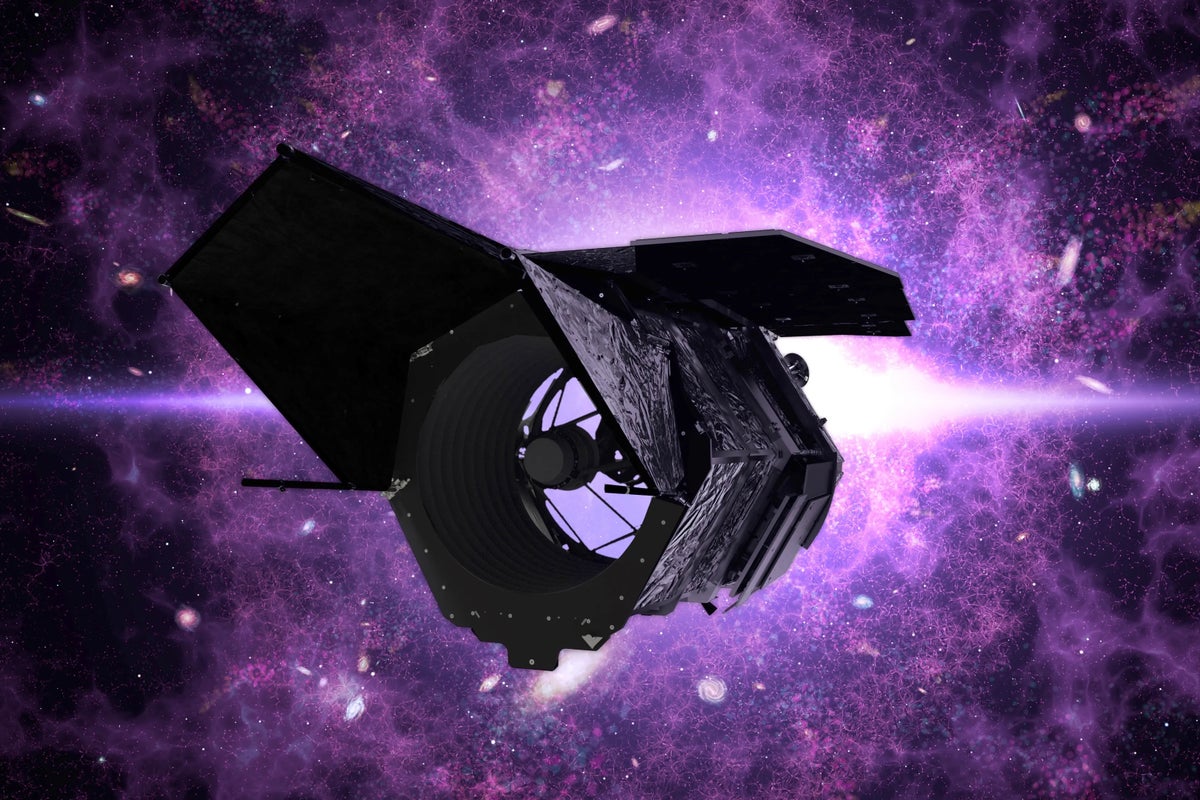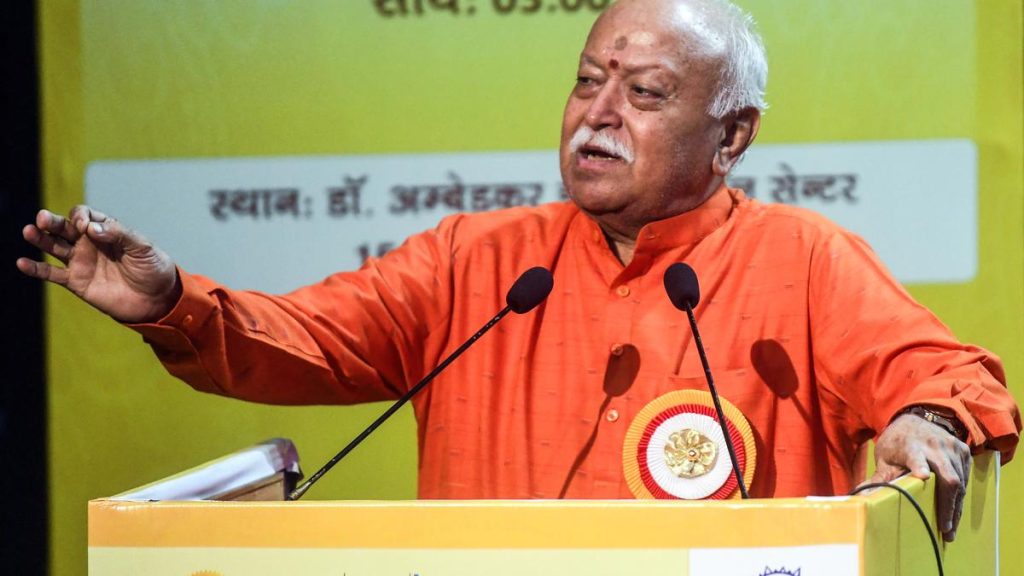Now Reading: NASA’s Next Space Telescope Faces Uncertainty Amid Trump’s Proposed Cuts
-
01
NASA’s Next Space Telescope Faces Uncertainty Amid Trump’s Proposed Cuts
NASA’s Next Space Telescope Faces Uncertainty Amid Trump’s Proposed Cuts

Rapid Summary
- NASA’s Nancy Grace Roman Space Telescope,a $3.5-billion astrophysics mission, is near completion and scheduled for launch as early as fall 2026, ahead of its original target of May 2027.
- A leaked draft of the U.S. President’s 2026 federal budget proposes canceling Roman along with other cuts to NASA’s science division.
- The proposed cuts include:
– Almost a 50% reduction in heliophysics funding (down to $455 million).
– Over 50% reductions in Earth science funding (down to ~$1 billion).
– A 30% cut to planetary science ($1.9 billion), canceling missions like DAVINCI (focused on Venus) and Mars rock return programs.
- Funding for NASA’s Astrophysics division would drop by two-thirds, prioritizing only JWST and Hubble while cutting support for other observatories including Roman.
- Roman telescope will use advanced infrared imaging technology akin to “200 Hubbles,” intended for wide-field surveys critical in studying dark energy and cosmology while complementing global efforts like ESA’s euclid telescope and Chile’s Vera Rubin Observatory.
- The proposal sparked significant criticism from space policy experts who argue that cancelling Roman wastes taxpayer investment, damages international collaboration, sets back scientific progress, and undermines trust in long-term commitments.
Indian Opinion Analysis
The potential cancellation of the Nancy Grace Roman Space Telescope highlights several significant implications. Firstly, this decision raises concerns around international scientific partnerships within astrophysics-a field that thrives on collaboration among nations-including India with its growing investments such as AstroSat or planned space ventures on exoplanetary studies. Such abrupt changes may set precedents that create instability in future cooperative projects.
Secondly, reductions across vital areas such as Earth sciences weaken monitoring capacity over climate issues-an area highly relevant globally but especially critical for countries like India grappling with rising temperatures or extreme weather phenomena that demand robust preventive frameworks informed by data-driven research.
lastly, shelving flagship missions near completion risks loss beyond monetary terms: it jeopardizes decades of accumulated expertise necessary for large-scale advancements pivotal not only scientifically but culturally across societies viewing space exploration jointly inspirational milestones humanity tackles together



























